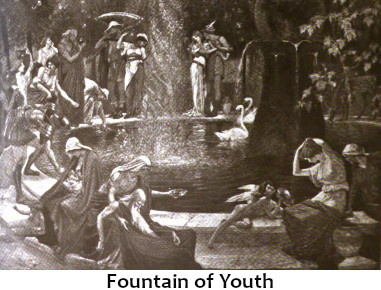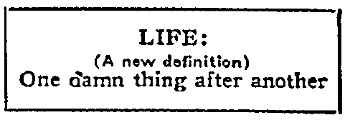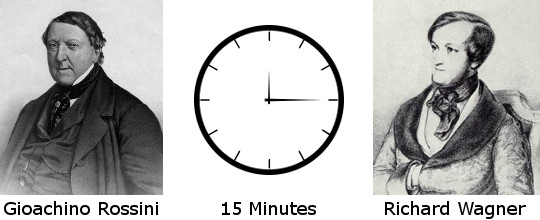Abraham Lincoln? Artemus Ward? George Bernard Shaw? Max Beerbohm? Muriel Spark?
Question for Quote Investigator: A popular anecdote asserts that Abraham Lincoln was obliged to listen to a prolix lecture about spiritualism by an enthusiastic friend. After the discourse was complete, Lincoln’s opinion was sought, and he replied with a humorously redundant non-committal statement designed to be inoffensive. Here are three versions:
1) People who like this sort of thing will find this the sort of thing they like.
2) For people who like that kind of thing, that is the kind of thing they like
3) For those who like that sort of thing I should think it just the sort of thing they would like.
Other prominent figures have been credited with this line such as the wit Max Beerbohm and novelist Muriel Spark. I am suspicious of the attribution to Lincoln. What do you think?
Reply from Quote Investigator: QI hypothesizes that the seed of this family of expressions was sown by the popular humorist Charles Farrar Browne who was known to audiences by his pseudonym Artemus Ward. In 1863 he created advertising material for a set of lectures he was performing. He included parodic testimonials from fictional people, and one ersatz supporter was named “O. Abe”. The name “Artemus” was misspelled as “Artemas” in the following passage from a Maine newspaper in October 1863. Boldface added to excerpts by QI:1
Artemas Ward among other puffs of his lectures has the following from “Old Abe:”,
Dear Sir–I have never heard any of your lectures, but from what I can learn I should say that for people who like the kind of lectures you deliver, they are just the kind of lectures such people like.
Yours, respectably, O. Abe.
The letter penned by Ward was printed in multiple newspapers. The words became linked to Abraham Lincoln because of the suggestive name “Abe”. Over time the phrasing evolved, and a variety of anecdotes were constructed to accompany the expression.
Here are additional selected citations in chronological order.
Continue reading “Quote Origin: People Who Like This Sort of Thing Will Find This the Sort of Thing They Like”




